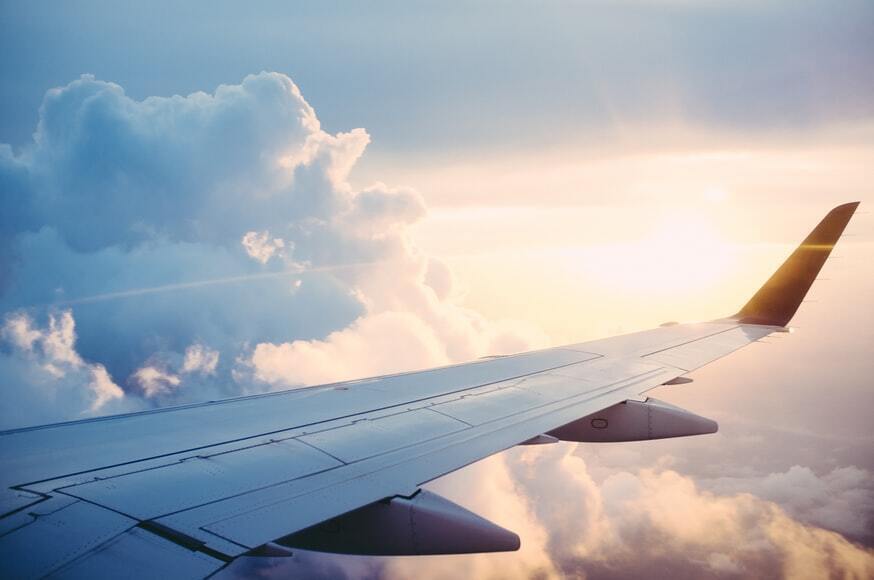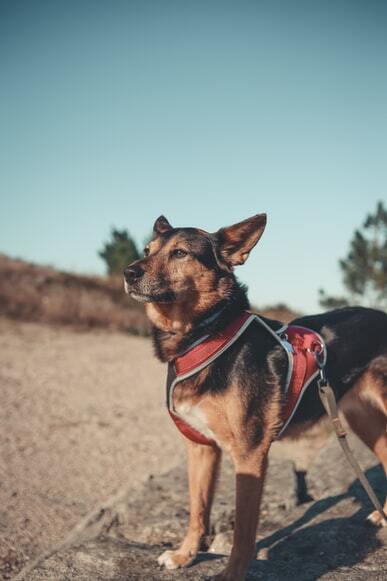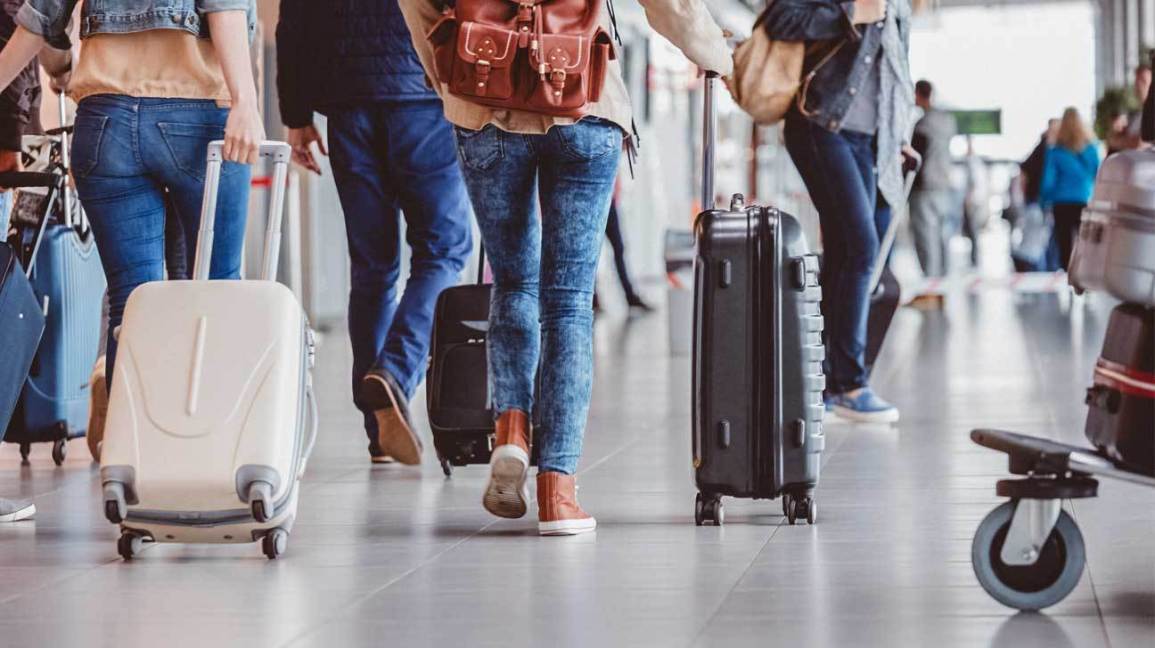For many of us, the legalization of cannabis in most states, such as Canada was great news. What brought even greater news was the permission to carry CBD and its products along in our travel; we no longer have to set them aside as we pack. Whether for relief from chronic pain, inflammation, or even acne, you can never go wrong with CBD Oil. When traveling to new destinations where your skin will be subjected to varying weather conditions, carrying CBD becomes a necessity. However, there are some basics we need to keep in mind as we embrace this added advantage. Here are some of the things you need to keep in mind as you travel with CBD.
Have Ample Information and Facts
It is better to be safe than sorry. When traveling with CBD, be sure to do plenty of research concerning the laws and regulations of the state you plan to tour. It will help you evade moments of embarrassment at the airport that may even lead to arrests. Although it is legal to travel with CBD derived from hemp, different states have varying policies concerning its usage. Therefore, research on the rules of the state you are leaving and those of your destination.
If you are traveling by car, bringing your CBD shouldn’t be much of a problem. However, this does not eliminate the need to carry out research. Remember that as a foreigner, you are prone to attract attention as you cross borders. Hence, to ensure you do not land on the wrong side of the local rules, be well versed with their policies on CBD.
Examples of countries where you can travel with CBD freely include; Argentina, Canada, Russia, Portugal, Iceland, and Croatia, to mention a few. However, different regulations apply from one state to another, for example, on the source of CBD as well as the amount of THC in the products allowed.

Carry the COA of the Product You Intend to Carry
A certificate of analysis is a description document issued by an inspection firm as a confirmation of a product’s quality or purity. This is most effective in determining the product’s compliance with the specific rules in a country. Some suppliers may label a product THC-free only for you to learn of its presence at the airport.
Therefore, the COA will act as a guide and add more confidence to you that you are in line with the laws and regulations of the state. Request for the COA from the manufacturers. Having the COA with you saves you the trouble of too many explanations at the airport on the product you are carrying. In other words, it acts as evidence of the product’s legality. As long as the product contains less than 0.3% THC, as evident from the COA, then you are safe.
Why are states strict about the percentage of THC in CBD?
The most dominant derivatives of marijuana and hemp plants are cannabidiol (CBD) and tetrahydrocannabinol (THC). The difference between these two products lies in the way they react with your body. While THC has psychoactive effects, CBD provides a calming effect. There are numerous new CBD strains to choose from and reap the maximum benefits of CBD. Also, CBD displays no signs of dependency on the user; it is not addictive. Thus, products containing more than 0.3% THC are prone to confiscation as they are considered illegal by the federal laws of most states.
Package the CBD Product Properly
A common mistake many travelers make is traveling with CBD hidden. This raises eyebrows as to why you are hiding it. Whenever possible, package the product in its original container, which should be clearly labeled. With your container clearly labeled, then you don’t have to explain the product you are carrying. Secondly, do not pack it at suspicious points in your backpack or suitcase. Pack it in a way that it is easily accessible, just like the other lotions and liquids you own.
Even when carrying approved medication such as Epidiolex, which generally contains CBD oil, ensure you bring the doctor’s prescription. Never make assumptions because a small mistake may end up landing you on the wrong side of the law.
The TSA’s Carry–On Liquid Rules Apply When Carrying CBD
Whereas CBD is available in forms such as creams, capsules, pills, and edibles, it is most often in the form of oils and tinctures. When in liquid form, infusing it is by using a dropper under the tongue. The Transportation Security Administration falls under the Homeland Security Department. This is the body that subjects liquids to scrutiny during flights. Thus, the 3-1-1 rule applies even to CBD. This means that you get to carry containers of liquids weighing 3.4 ounces (100 milliliters) or less for every item. This should be in a quart-sized bag. E-liquid in its cartridge is also subject to this rule. Although there are exceptions for liquids such as infant and child nourishments and medications, they do not apply to CBD.
The Sniffer Dogs are Likely to Detect Your CBD
In addition to roles such as detecting explosives and wildlife scats, these sniffer dogs help officials in detecting drugs. They identify the presence of drugs by sniffing caryophyllene oxide. This is usually a byproduct of drying cannabis. Also, hemp produces caryophyllene.
Besides, small traces of THC in CBD may cause its detection. This is why storing your CBD product in an easily accessible place is vital. Also, knowing that they may sniff it saves you from nervousness that may result if you were not prepared.
With the tips above, you will make it through screening. As you travel with CBD, ensure you do not vape during the flight as this is prohibited. However, you may consider options such as gummies or even drops when calming those nerves during flight. On the other hand, if unsure about the regulations, you may opt to place your order at your destination. There are plenty of reputable places you can purchase your CBD products of choice.

